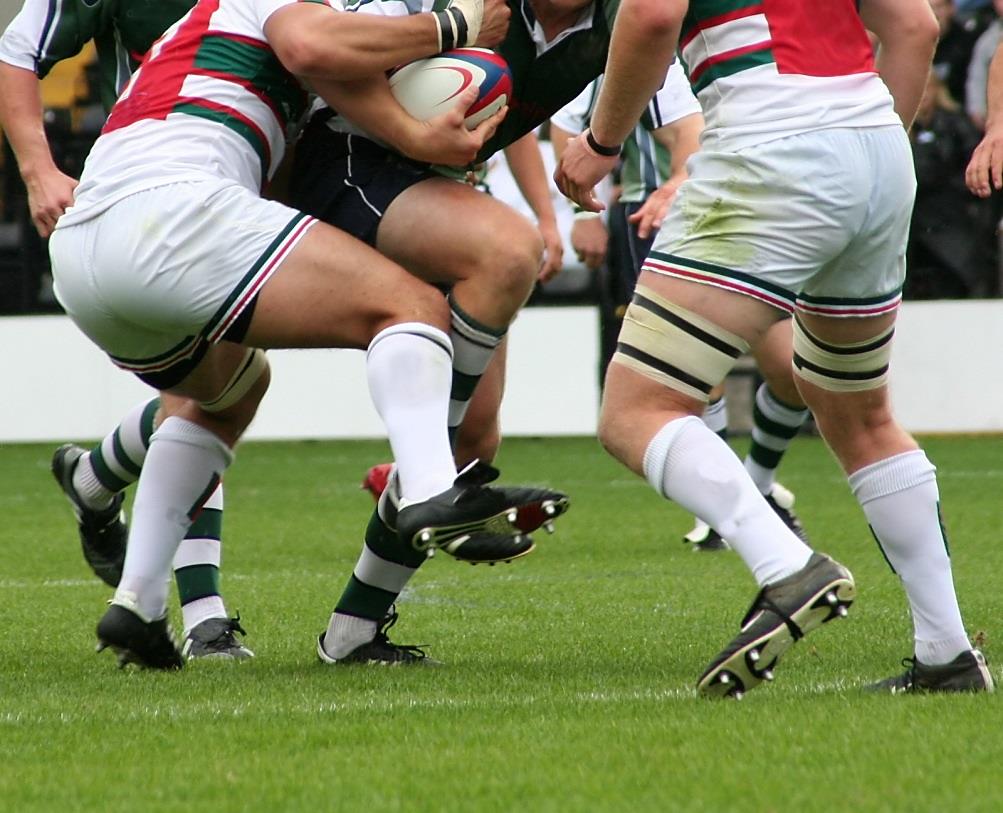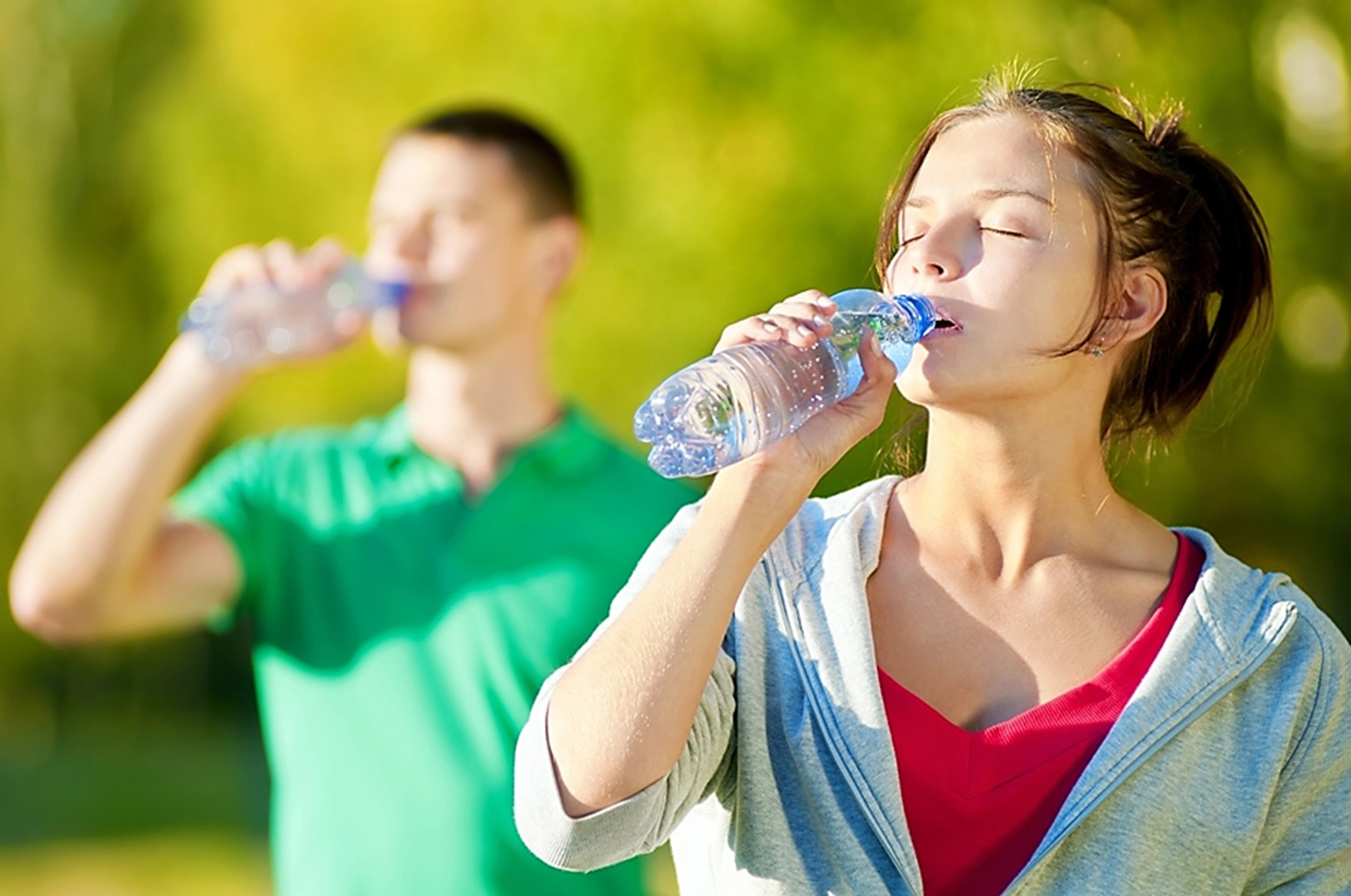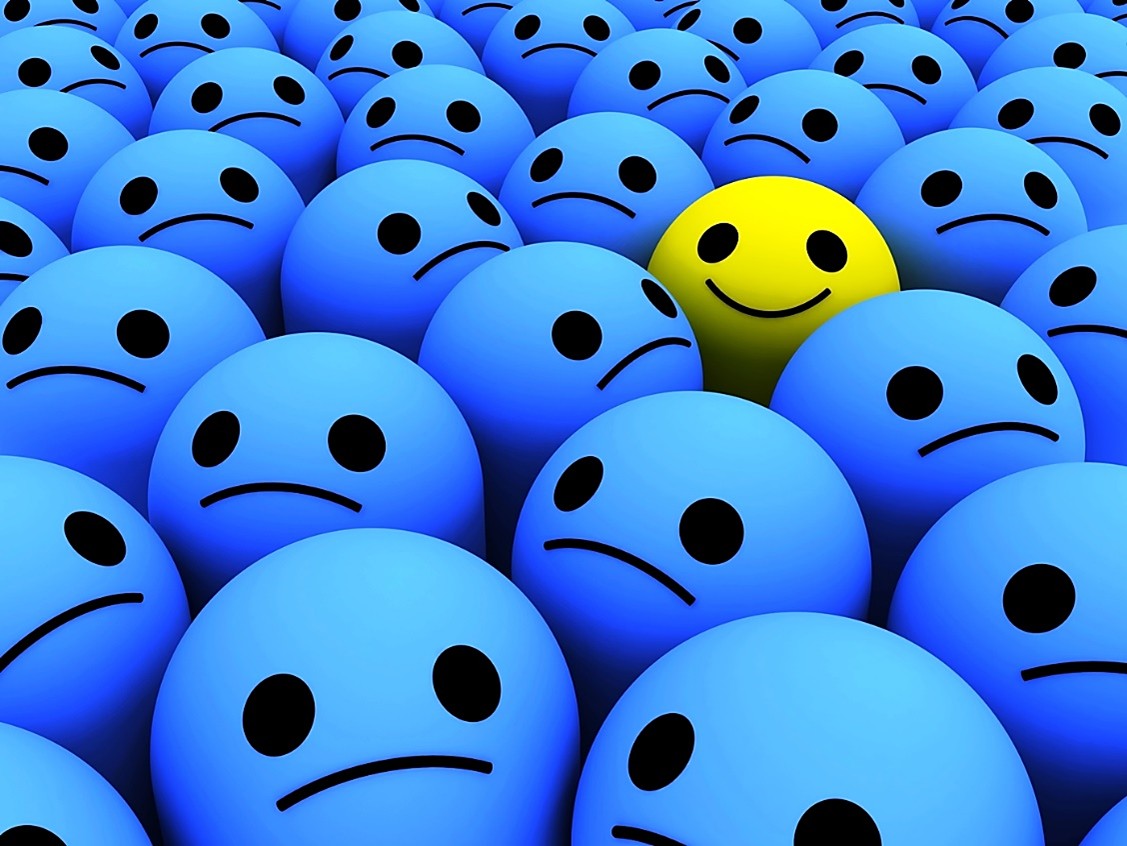
by Fern Shaw | Sep 15, 2015 | Health and Hydration, Water
Great excitement abounds as we draw closer to the 2015 Rugby World Cup being held in the U.K. this year, starting on 18 September and the final being played at Twickenham on 31 October. One would hope so, as rugby was invented in England in 1823. Legend has it that during a game of football at Rugby School in Warwickshire, a 16 year old student, William Webb Ellis, caught the ball and ran with it towards the opponent’s goal line, rather than following the rules of the times of catching and kicking the ball only.
From our side, as we’re all about things water, we’ve approached keeping hydrated from two angles – keeping yourself hydrated when playing the sport and how to keep yourself hydrated as a fan of the sport!
Perhaps you’re more couch potato than skinny fries when it comes to your sports participation. That’s why when you go from supine to five jumping jacks in a short time, you feel faint, you’re sweating bullets, your heart races, your face turns an interesting shade of puce and you may just feel like purging your most recent meal. This description should give you some idea of why your hydration needs are very different from your favourite rugby team.
Sports Hydration
As you can imagine, the physical and mental energy expended in a rugby match is monumental. In order to keep an athlete’s body (and mind) in peak condition, hydration and rehydration are of paramount importance. An example of just how important hydration is? A player can lose up to 3 to 4 kilograms during one match.
Although this year the temperatures won’t be soaring like they did at the 2013 Rugby League World Cup in Papua New Guinea, where the thermometer reached a cracking 33°C, players always go through strenuous pre-match tests to ensure that they are properly hydrated.
They are weighed before and after training, they have urine tests every day and they fill in wellness charts. If temperatures tend to soar during matches, additional breaks can be implemented during each half. The good news is that these players, their coaches and managers are all highly experienced. So, that’s them covered – now we worry about you, the supporter.
Supporter Hydration
Being a rugby supporter can also be very strenuous – take it from me – at the 2007 Rugby World Cup, there was a lot of supporting, jumping up and down, cheering and moaning going on, and we won’t make too much mention of the quaffing of the many shots in support of one’s national team – usually a concoction of luminescent coloured alcohol. Thirsty work all round, but quenching one’s thirst in the altogether incorrect manner with nary a bottle of water to be seen. Not the right way to stay strong for your team!
So in order to actually enjoy the entire event (instead of giving it your all during one match and spending the remainder of the World Cup hiding underneath your duvet), be kind to yourself:
If you’re fortunate enough to be attending the matches at any of the stadiums:
– Check to see if you can take your own water in with you.
– If you’re walking long distances to get to stadiums, as always, make sure you’ve plenty of bottled water to drink.
– If you’re staying home and know that your supporting is going to be a steady diet of drinking and fry-ups, try to make sure that before you get into supporter mode you drink lots of water. This will mean that you should have more energy in reserve when it comes to the all-important cheering, jumping up and down and singing mentioned beforehand.
Right, you’re sorted, my work here is done. If you need me, I’ll be the one in the Scotland rugby jersey, singing, ’Doe-a-deer’ and ‘Scoooootttlannnd / Scoooooooootttllannnnnd’.
On a more serious note, if you think you or your company will be thirsty during the World Cup, we are so the right people to speak to. Call us on 0800 772 3003 or e-mail us at shelly@aquaidwatercoolers.co.uk
by Fern Shaw | Dec 13, 2012 | Health and Hydration
Encourage your children to eat water-rich foods
At home and in the lunchbox, encourage your child to eat water-rich foods like grapes, watermelon, cucumbers, carrots, and tomatoes.
Float slices of fruit (such as lemons or limes) in a jug of water
Or be creative with strawberries, clementine segments and any other colourful fruit.
Let your children drink what they want – within reason
Water is always going to be the healthiest drink for both children and adults, but if plain water makes them turn their noses up, give your children a little more freedom. Milk, natural juice, and flavoured water all work. However, to help them avoid a caffeine or sugar addiction early in life; never let them try fizzy drinks (or worse, take one to school). Hydrated children are happy children.
Give your child a straw.
It may sound strange, but we actually drink more when we’re drinking through a straw. With a straw, kids will be encouraged to drink more fluids, and they may enjoy the fun factor of having a straw in their favourite colour.
Use ice cube trays that make fun shapes and use those ice cubes in your child’s water
Nothing quite like the fascination of watching an ice cube shape melt while drinking your water and should the ice cube drop or fall, no mess apart from a little puddle!
Take your child to pick out a new, special cup
Young children are big on ‘ownership’, especially when there are siblings, so once they have their own individual drinking cup, this will encourage them to use their cup for drinking from.
by Fern Shaw | May 27, 2012

Are you dehydrated?
A massive 96% of UK office workers are reported to be dehydrated. A mere 2% drop in hydration can lead to a 20% drop in concentration.
Staying hydrated is crucial for maintaining your physical and mental well being. A simple way of determining your hydration status is by looking at the colour of your urine and comparing it with the colour chart on the left.
When you are drinking enough water your body is in balance and your urine will be a pale straw yellow colour (hydrated).
When you have not drank enough water your kidneys try to save as much water as they can and cause your urine to be darker in colour (Dehydrated).
Below are just some of the effects of dehydration:
- Fatigue
- Headaches
- Nausea
- Confusion
- Painful urination
Thankfully, regaining hydration is simple. One or two cups of water will quickly give the body the water it needs and help you maintain a healthy and active life.
Why not download our PDF and enable yourself to put a chart up in your toilets to help your staff stay hydrated – Download the pdf here.

by Fern Shaw | Jul 15, 2025 | Water, water cooler, water dispenser
When the temperature climbs, having easy access to drinking water becomes more than just a comfort – it’s essential. While most people know hydration is key to staying healthy in the heat, there are plenty of reasons it matters that aren’t always top of mind.
Hot weather naturally increases thirst, but it’s easy to underestimate how much fluid the body needs to stay comfortable and focused. Even mild dehydration can leave people feeling sluggish, less alert, or more irritable than usual. Regular water breaks help boost energy levels, support clearer thinking, and can even improve general mood. Wherever the location, having a water dispenser on site, whether at work, the office, store, shop, gym, sports centre lobby, or job site can make a genuine difference, encouraging people to drink regularly without thinking twice.
Children, older adults and those with health conditions are particularly vulnerable in high temperatures. They might not always recognise the signs of dehydration or be able to help themselves, so it’s important that others check in and offer water often. The same goes for pets, who can’t ask for a drink and wildlife, who may struggle to find water during dry spells. Even placing a shallow bowl of water outside can be a lifeline.
Helping each other stay cool and hydrated isn’t just thoughtful – it’s vital. Making water easily available and encouraging regular sips throughout the day is a small effort that can prevent serious problems. Whether it’s through personal care or simply having a water station nearby, keeping water within reach can keep everyone – from colleagues to pets – a bit safer in the heat.

by Fern Shaw | Jun 30, 2025 | water cooler, Water Coolers
When the temperature climbs, the reminders to ‘drink more water’ seem to come from everywhere – and for good reason. Hydration is key to keeping our bodies running smoothly. But there’s more to it than just avoiding dehydration.
Here’s why staying sensibly hydrated matters – and what many people may not realise.
Hydration Helps More Than Just Thirst
We know dehydration can cause fatigue, headaches, dizziness and more. But here are a few lesser-known reasons to stay on top of your water intake:
- Joint protection: Water keeps the cartilage in your joints cushioned and functioning properly. Less water = more friction = more aches.
- Digestive support: Dehydration can slow digestion, leading to bloating and constipation.
- Body temperature regulation: Hydration helps your body cool itself – especially important during heatwaves or exercise.
But Can You Drink Too Much Water?
You can and it’s more common than people think, especially in the summer when we’re hyper-aware of the heat. Overhydration can happen when you drink excessive water without replenishing vital electrolytes like sodium and potassium.
These minerals help your body:
- Hold onto the water it needs.
- Maintain the right balance between fluids inside and outside your cells.
Without them, your body may flush too much sodium, which can lead to symptoms like nausea, confusion and headaches.
So, What’s Sensible Hydration?
- Sip steadily throughout the day, not all at once.
- Eat electrolyte-rich foods like bananas, avocados, potatoes, leafy greens and melon.
- If you sweat a lot (exercise, outdoor work, or naturally heavy perspiration), consider electrolyte supplements or drinks that contain electrolytes to help maintain fluid balance.
- Don’t force litres of water if you’re not thirsty – your body knows what it needs.
Hydration is vital, but like most things, it’s about balance, not extremes. So, when it gets hot, keep your cool, top up your water bottle as needed, be kind and remind your workmates to visit the water cooler station and drink up … but drink smart.
sources overhydration: from an article at UCLA Health




